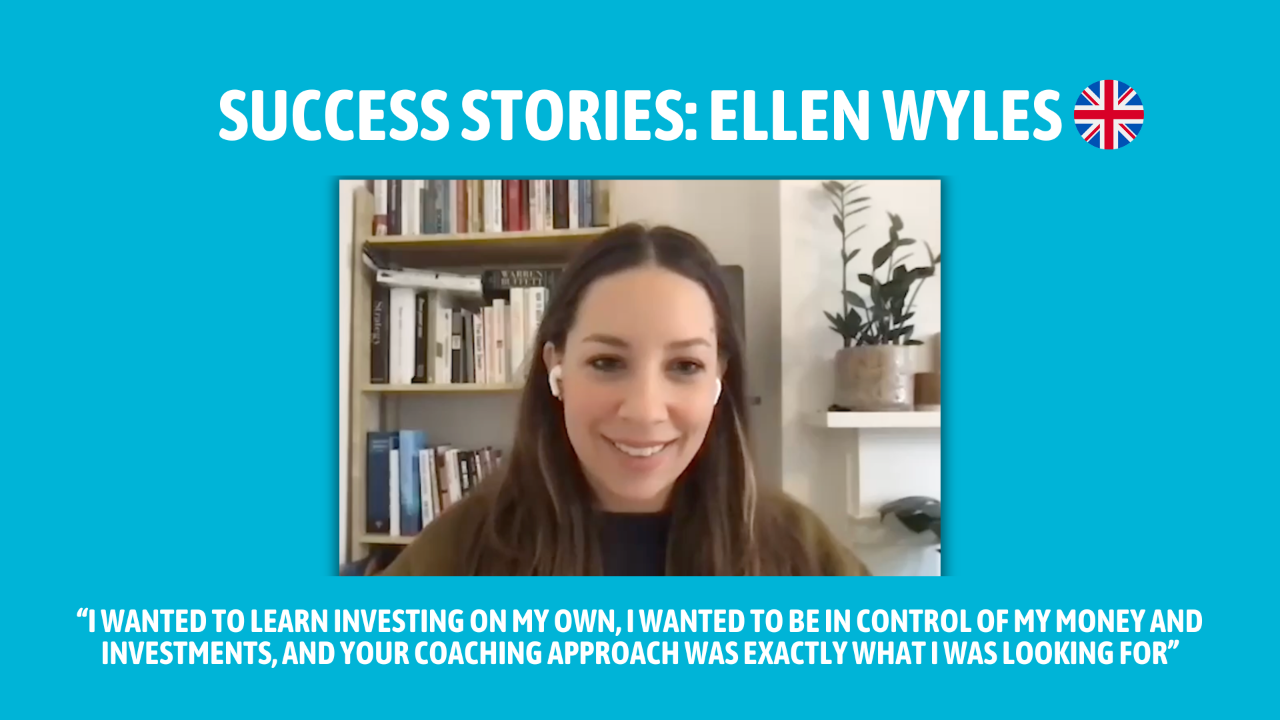
TSI #17: How to prepare for a recession like a Stoic
Oct 16, 2022Hi Stoic Investors,
Today I will share with you how to ensure your life is protected from a recession.
In last week issue, we focused on what we could expect from the stock market in the next 6-12 months (missed the issue? Read it here).
This time, I want to focus on how an economic downturn may affect your personal life.
Most importantly, I want to help you understand if you are actually ready for it.
And even in case the upcoming recession will be better than expected, this exercise will still help you figure out if your life is recession-proof.
So we will focus on 3 key aspects of your life:
- Your Job
- Your Financials
- Your Backup Plan
And remember this: your mental health is directly affected by these three areas.
If you are not covered on any of these three areas, you may face tons of stress.
Your mood can easily affect yourself and the people around you.
So let’s see how to avoid that, shall we?
1. Is your job protected?
A recession is defined as a period of temporary economic decline during which trade and industrial activity are reduced, generally identified by a fall in GDP in two successive quarters.
In simple words, it means that business grow less and directors become more interested on cutting costs rather than growing revenues.
Unfortunately, one of the ways to cut costs is to fire people.
In the latest big recession (2008-2010), unemployment rate increased by 5.3 percentage points since November 2007, peaking at 10.0 percent in October 2009.
More than 15 million people were unemployed at that point.
So the first question to ask yourself is:
“How replaceable are you?”
In other words, how much is your company dependent on your role, skills or network of connections?
Even if it’s not an easy thing to think about, if you realize that it is actually easy to replace you, it’s time to take some countermeasures.
You can:
a) Increase your skills: make yourself more valuable as employee
b) Start to look for another role or job that can value your skills more
Remember always that a job is a contract between your employer and yourself.
If you are not useful to the company also in bad times, they may let you go.
It's sad - but it is what it is.
2. Is your lifestyle affordable?
Imagine that - in a worst case scenario - your monthly expenses raise by 50% due inflation.
For example: if your previous cost of living was $2,000 / month, now it is $3,000 / month.
What I want you to think about is:
Do you have a solid enough income to manage that change without incurring into debt?
Can you still manage to pay off your mortgage and other debts while living a decent life?
If you are not sure of the answers to these questions, there are essentially 3 things you can do:
a) Increase your income. Get a side hustle going or ask for a raise (if feasible).
b) Reduce your lifestyle expenses, especially if you are living above your means.
c) Focus on paying off high interest debt, so that you have more money at the end of the month once you cover them.
If you are looking to have a better control of your monthly budget, you may benefit from my Stoic Budget Planner (download it here).
3. Are you ready for the unexpected?
If right now something broke in your house, like your boiler, can you afford to take care of that expense?
In other words, you need an emergency fund to stay safe.
In a normal environment, an emergency fund should cover 3 to 6 months of your living expenses.
So if your monthly expenses are $2,000 per month, your emergency fund should be between $6,000 to $12,000.
In a recession environment, I would suggest you to be more conservative with your money.
You want to feel covered if - for example - you are unemployed for few months.
So in the example above I would definitely ensure that your emergency fund is AT LEAST $12,000.
So let's summarize the three actions you should take to make your life recession-proof:
- Become Irreplaceable in your job. Your company should value so much that it is not even a consideration for them to fire you to “cut costs”
- Ensure your lifestyle is affordable. You must stop living paycheck to paycheck if you want to live comfortably.
- Build up a stronger-than-usual emergency fund. You should be able to cover at least 6 months of living expenses.
As last point...
Remember why you are doing this.
You want to feel mentally ready for anything that may happen in your life.
If you plan ahead for any scenario, you simply cannot be defeated.
Be Stoic.





